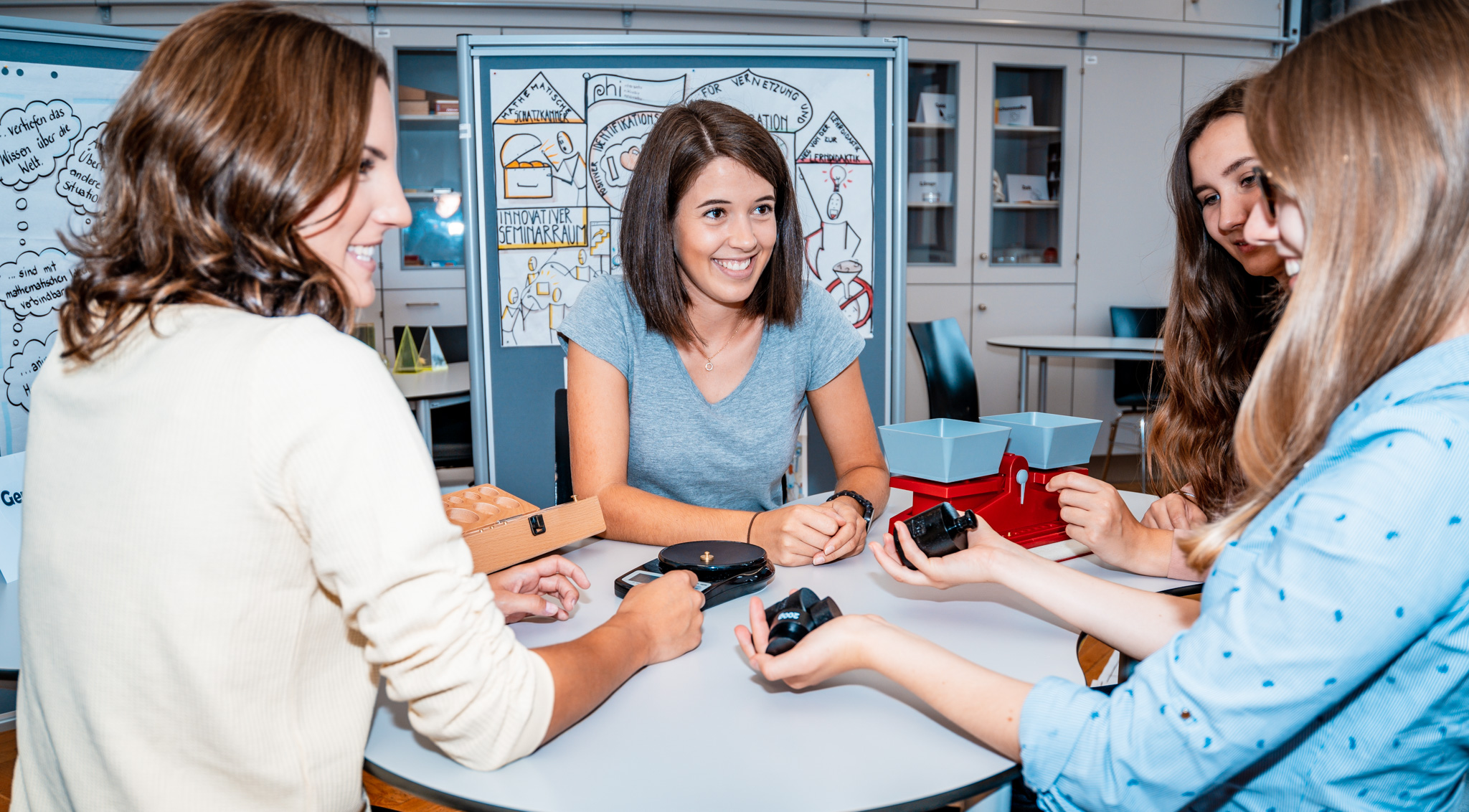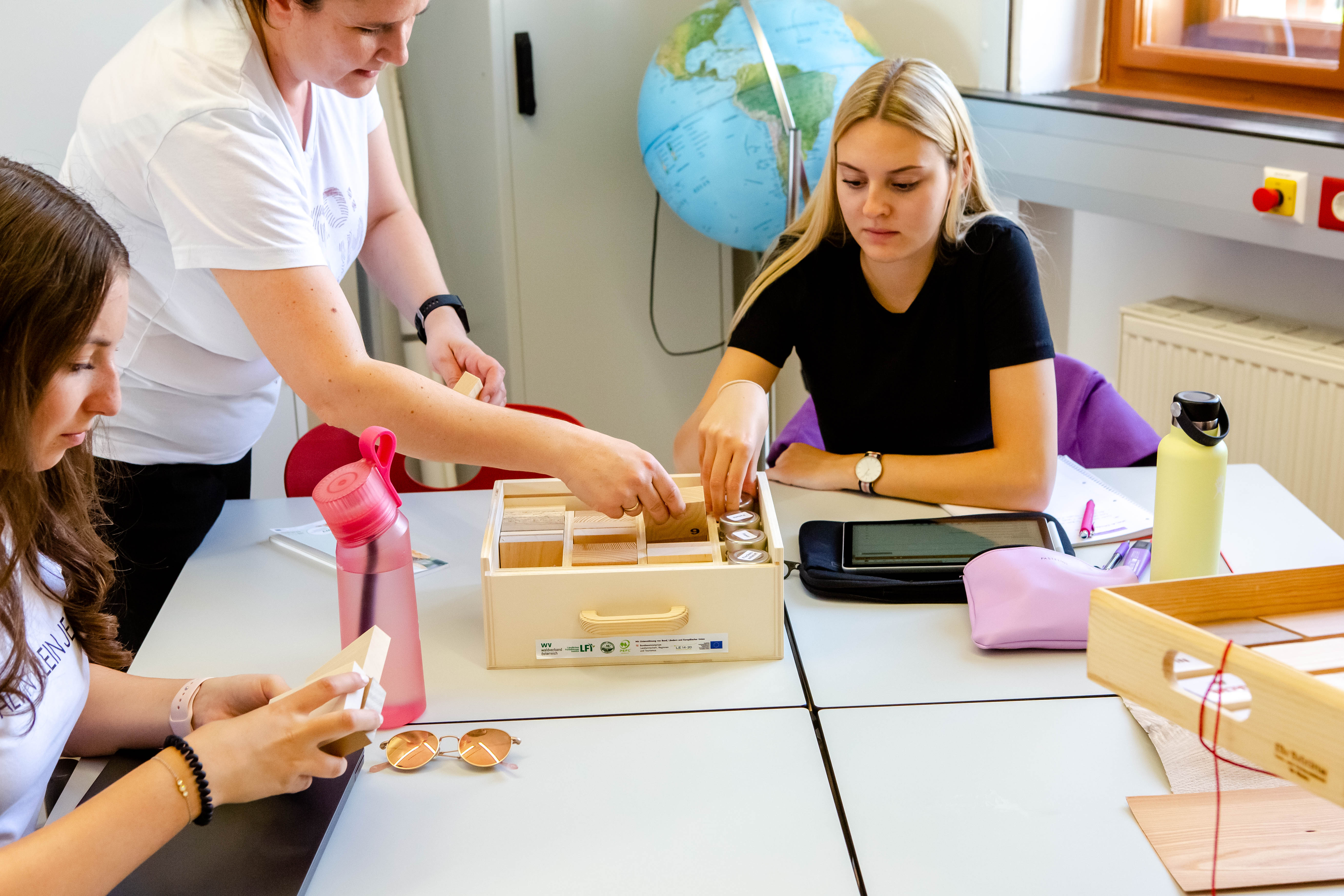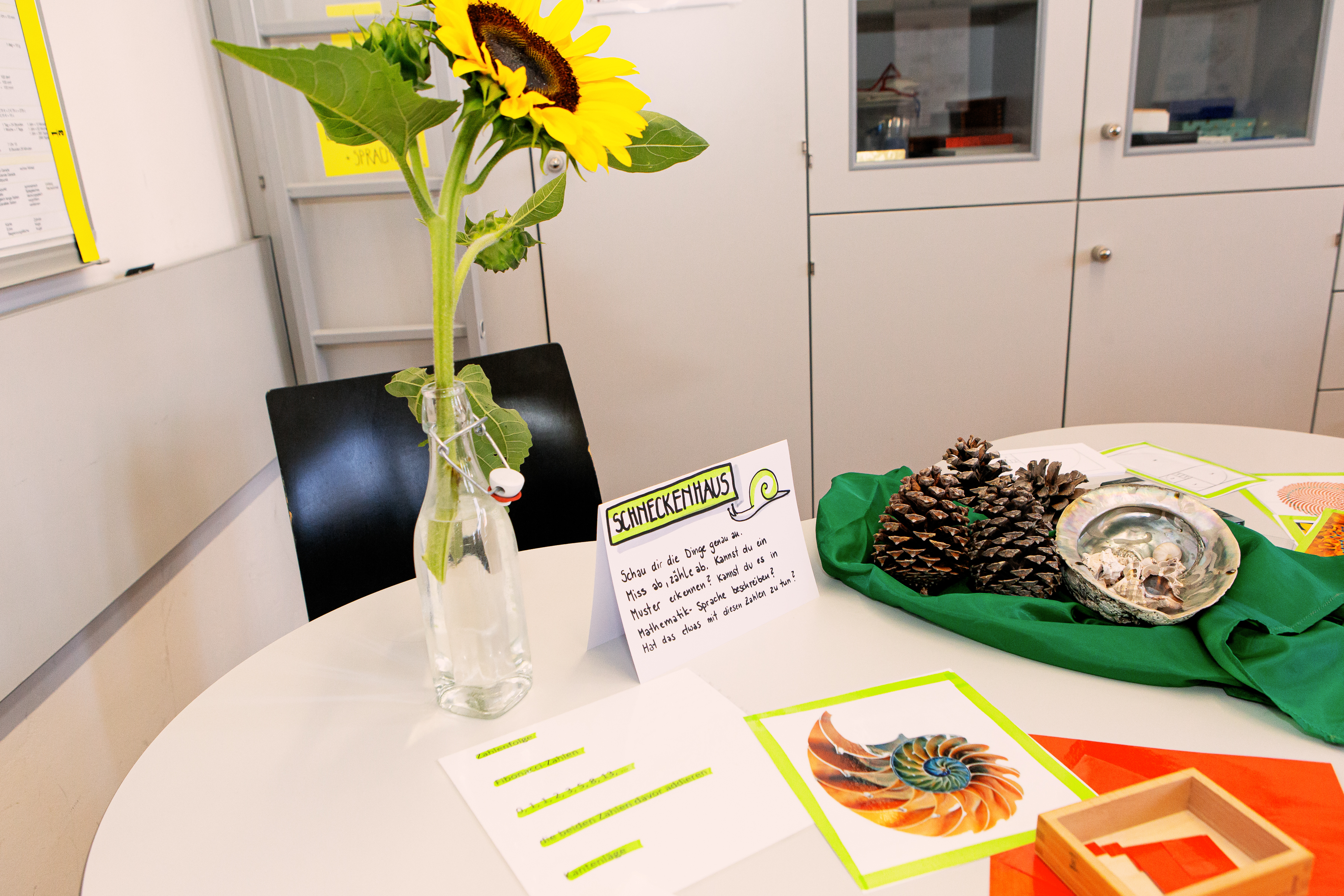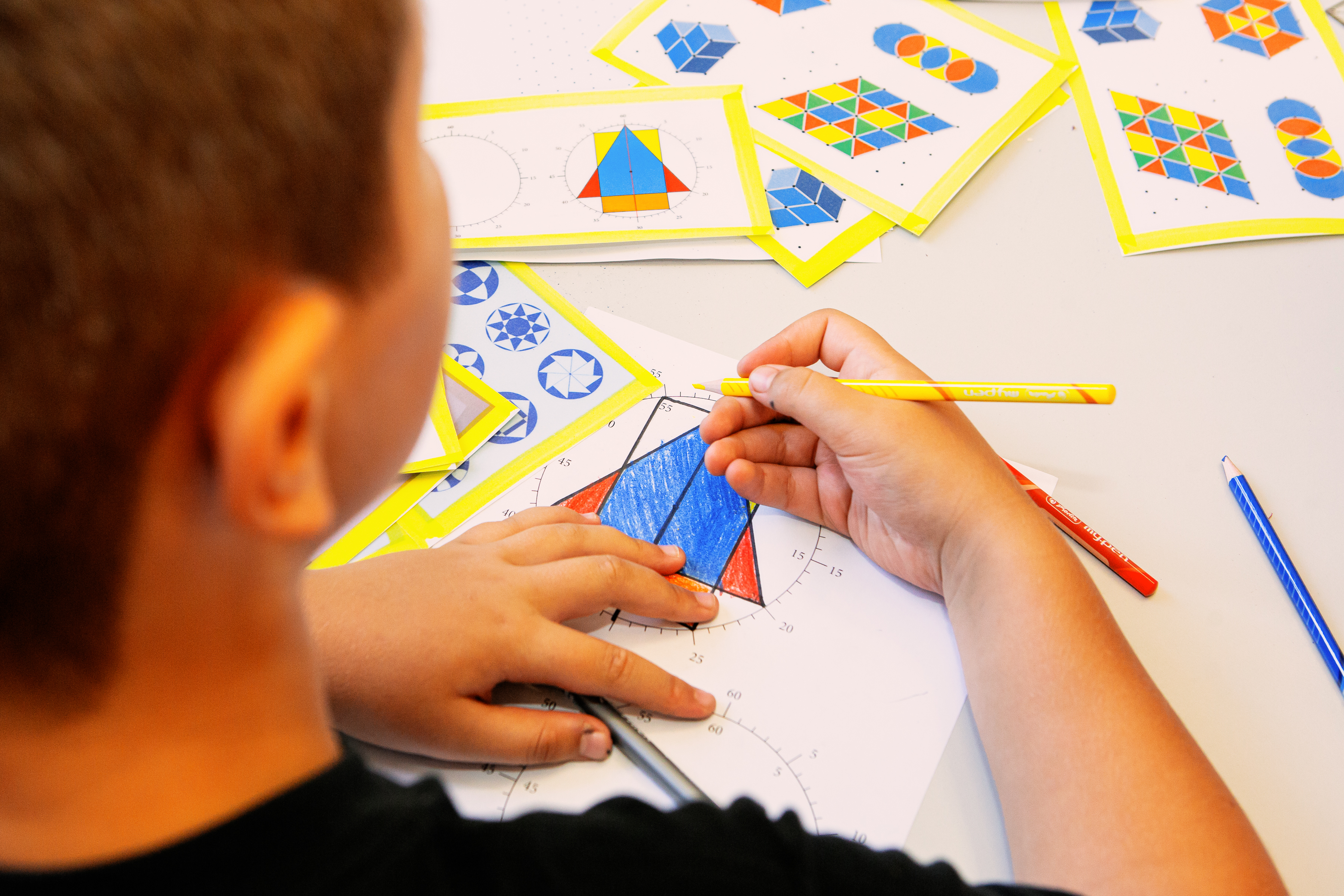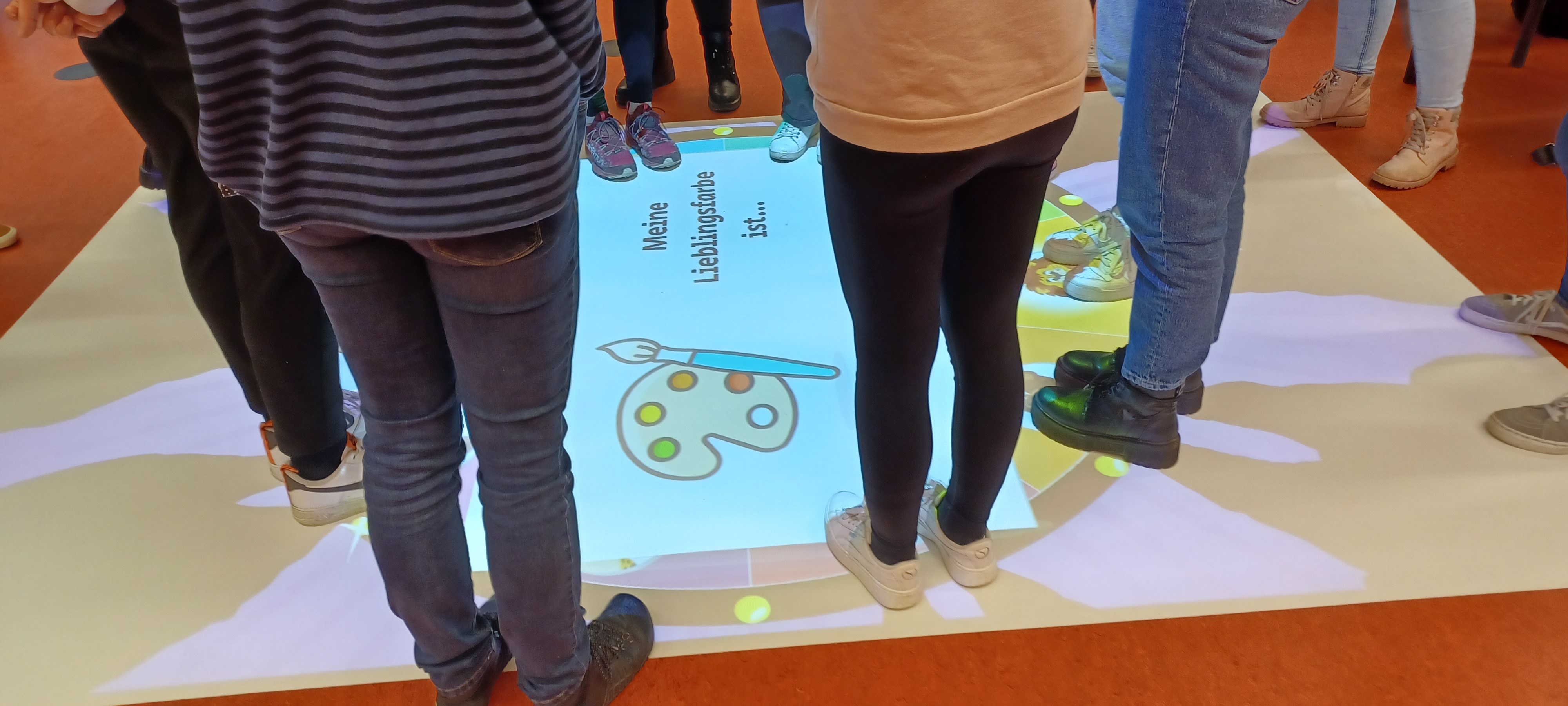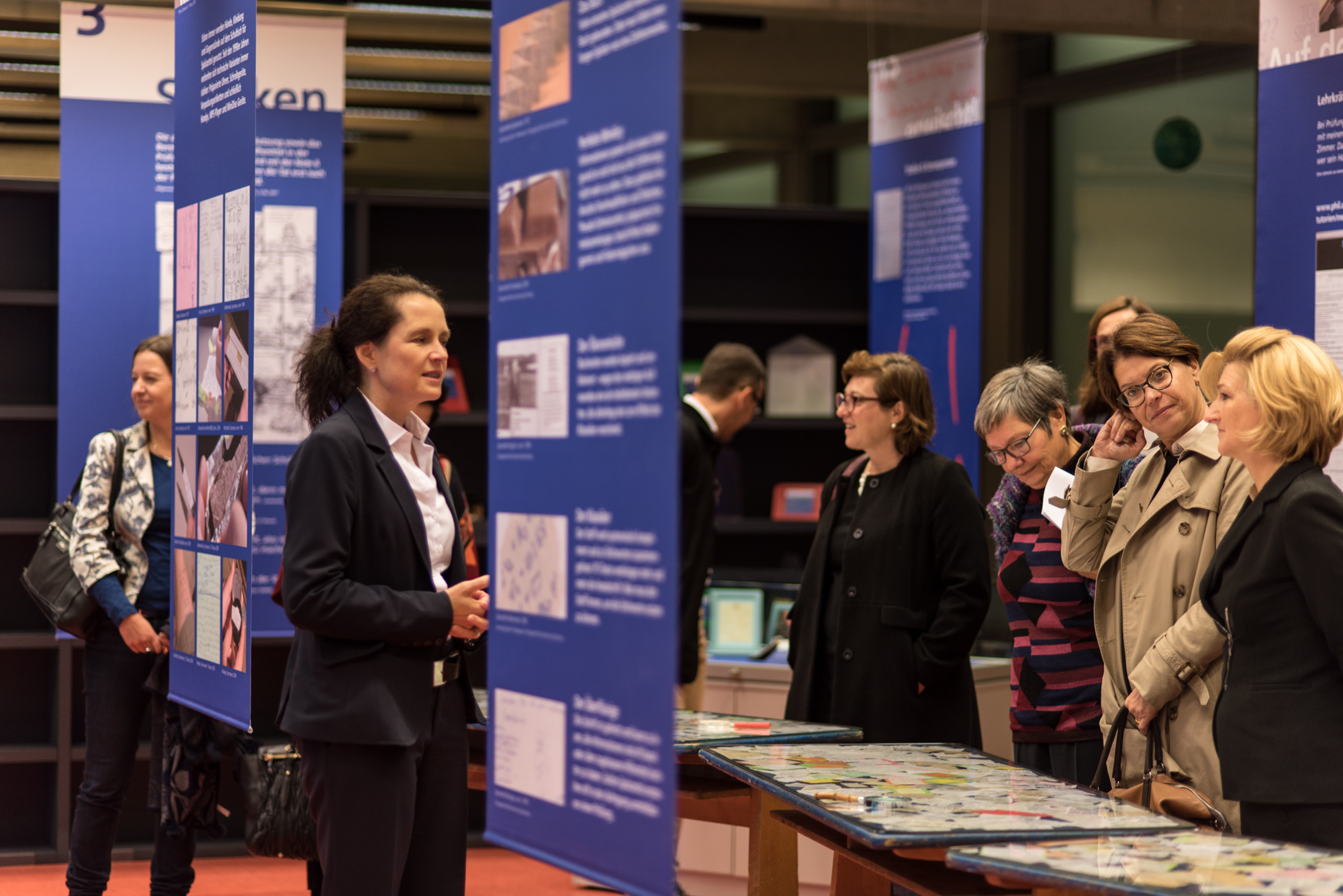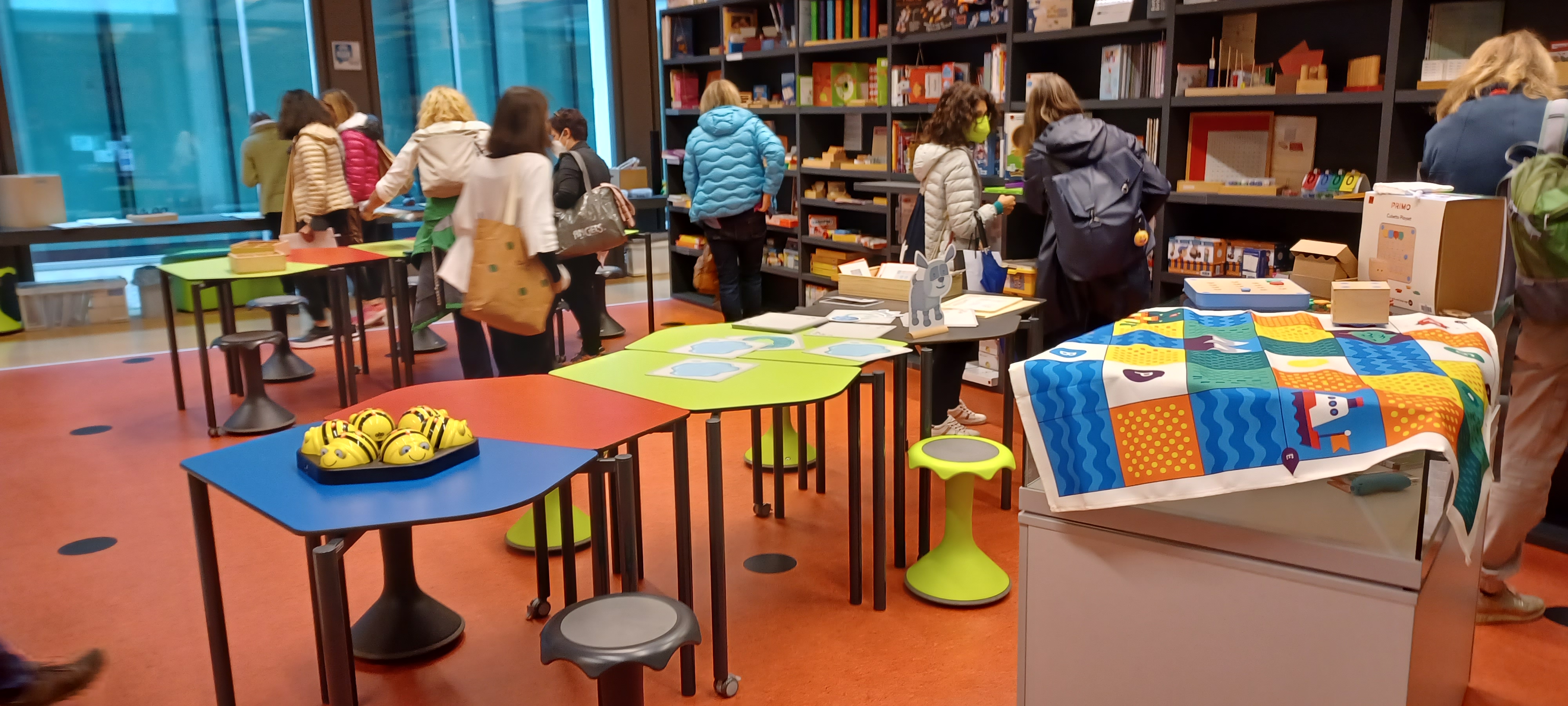- Start
- NeHle e.V.
- Hochschullernwerkstätten
- Tagungen
- Übersicht
- 2026 - Aufbruch
- 2025 - Halle
- 2024 - Graz
- 2023 - Trier
- 2022 - Frankfurt (digital)
- 2021 - Saarbrücken (digital)
- 2020 - Wien
- 2019 - Brixen
- 2018 - Erfurt
- 2017 - Bremen
- 2016 - Saarbrücken
- 2015 - Osnabrück
- 2014 - Berlin
- 2013 - Solothurn/Brugg
- 2012 - Siegen
- 2011 - Kassel
- 2010 - Linz
- 2009 - Halle
- 2008 - Berlin
- Literatur
- Kontakt
Reflection
In the context of the professionalisation of educators, reflection is an important form of thematic discussion in "Hochschullernwerkstätten". It can be located on four levels:
- Process-oriented reflections support conceptual development in "Hochschullernwerkstätten" by enabling participants to discuss the design of rooms, material equipment, the assumption of roles, etc.
- Actions, activities, interactions and processes are naturally accompanied by self-reflection, as the people involved think about them for themselves.
- Reflection is usually initiated by lecturers who, through questions or other stimuli (e.g. documentation, photos, descriptions of processes or learning environments), open up a space for remembering, narrating, writing or (e.g. scenically) designing experiences. However, this space can also be created by students or others. Reflection can relate to past and future experiences and processes: e.g. educational practice witnessed, educational practice carried out by oneself, one's own learning experiences, the learning experiences of others (e.g. students or children who were accompanied while learning), roles and role changes, or other biographical experiences and processes in the context of school, university studies or the "Hochschullernwerkstätten".
- Reflection becomes the subject of teaching and discussion by addressing, discussing and testing methods of scientific reflection.
In the context of "Hochschullernwerkstätten", the quality of reflection is essential, which is reflected in the depth of the discussion. Intensive reflection and understanding can be pursued from an analytically distanced perspective (cf. Kekeritz & Graf 2017, 9), can be based on theory, can be stimulated as an aesthetic-creative approach to experience, or can also emerge from an experiential narrative (cf. Herrmann 2023, 381ff.). All variants aim to consciously perceive and describe details, to allow and tolerate uncertainties, ambiguities and unclear points, to look at uncomfortable, fleeting or alienating aspects, and to make these accessible for reflection.
Lead Author: Franziska Herrmann
© 2024 lernwerkstatt.info | Impressum | Datenschutzerklärung |



